detail profile vladimir carvalho
Peran Yang Di Mainkan Vladimir Carvalho
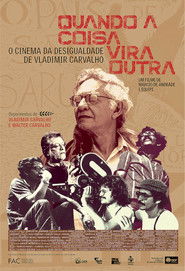 Vladimir Carvalhos Cinema of Inequality marked...
Vladimir Carvalhos Cinema of Inequality marked...Quando a Coisa Vira Outra 2022
Vladimir Carvalho's Cinema of Inequality marked the documentary filmmaker's trajectory over decades of activity. Considered one of the most important Brazilian documentary filmmakers in activity, his images influenced the emergence of Cinema Novo and the new Brazilian documentary years later. Quando a Coisa Vira Outra covers the most important films made by Vladimir, revealing where ideas come from to show the true reality of a country.
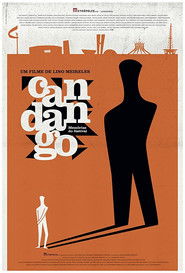 In 1965 a year after the military...
In 1965 a year after the military...Candango: Memoirs from a Festival 2020
In 1965, a year after the military coup in Brazil, an oasis of freedom opened in the country's capital. The Brasília Film Festival: a landmark of cultural and political resistance. Its story is that of Brazilian cinema itself.
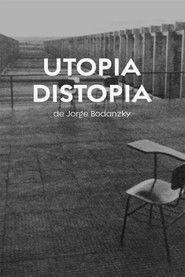 Jorge Bodanzy appeals to the emotional...
Jorge Bodanzy appeals to the emotional...Utopia, Distopia 2020
Jorge Bodanzy appeals to the emotional memories of the period he spent studying at the University of Brasilia to show us a tableau of youth in the 1960s, with their dreams and expectations, their hardships, and interrupted projects.
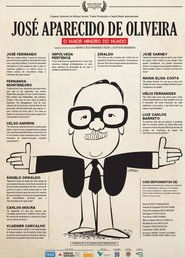 Documentary that chronicles the trajectory of...
Documentary that chronicles the trajectory of...José Aparecido de Oliveira – O Maior Mineiro do Mundo 2019
Documentary that chronicles the trajectory of the journalist, federal deputy, secretary of state, minister of state, governor and ambassador José Aparecido de Oliveira, who lived with the greatest authorities and personalities from the political, business and cultural circles in Brazil and the world.
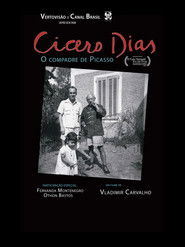 The Pernambuco painter Cicero Dias created...
The Pernambuco painter Cicero Dias created...Cícero Dias, o Compadre de Picasso 2016
The Pernambuco painter Cicero Dias created an unparalleled art for the world. Close to a modernist and influenced by artists such as Pablo Picasso, Fernand Léger and Joan Miró, he marked the history of Brazilian art.
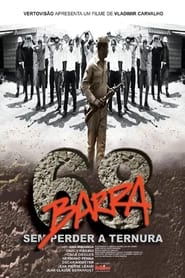 The story of the University of...
The story of the University of...1968 - Without Losing Tenderness 2001
The story of the University of Brasília, since it was only a project in Darcy Ribeiro's head until the fateful events in August 1968 when its campus was invaded by the police, during the military dictatorship, thus putting an end to its independence.
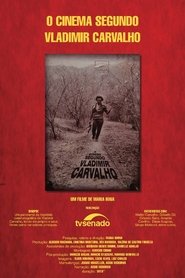 The documentary presents an overview of...
The documentary presents an overview of...O Cinema Segundo Vladimir Carvalho 2001
The documentary presents an overview of Vladimir Carvalho's cinematographic career, from the very beginning, as a co-writer of “Aruanda” (1960), directed by Linduarte Noronha, to the present day. With Vladimir himself as the main narrator and illustrated by scenes from his films, the documentary also features interviews with Gilberto Gil, Orlando Senna, Arnaldo Carillo, Dácia Ibiapina, Fernando Duarte, Sérgio Moriconi, among others.
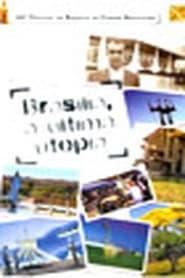 Six episodes set in and focusing...
Six episodes set in and focusing...Brasília - A Última Utopia 1993
Six episodes set in and focusing on the history of Brasília, the capital of Brazil. Episode list: A Paisagem Natural (dir. Vladimir Carvalho), O Sinal da Cruz (dir. Pedro Jorge de Castro), A Volta de Chico Candango (dir. Roberto Pires), Além do Cinema do Além (dir. Pedro Anísio), Suíte Brasília (dir. Moacir de Oliveira) and A Capital dos Brasis (dir. Geraldo Moraes).
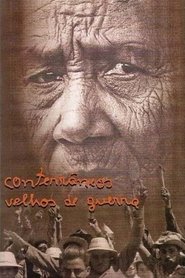 Documentary about the people who came...
Documentary about the people who came...Conterrâneos Velhos de Guerra 1990
Documentary about the people who came from all over Brazil to work in the construction of the city of Brasilia, their stories, and the abuse and humiliation they suffered in the process.
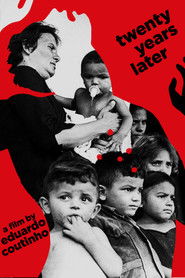 Eduardo Coutinho was filming a movie...
Eduardo Coutinho was filming a movie...Twenty Years Later 1984
Eduardo Coutinho was filming a movie with the same name in the Northeast of Brazil, in 1964, when there came the military coup. He had to interrupt the project, and came back to it in 1981, looking for the same places and people, showing what had ocurred since then, and trying to gather a family whose patriarch, a political leader fighting for rights of country people, had been murdered.
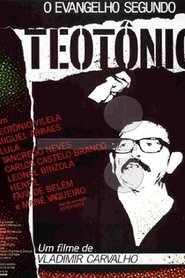 Passages from the life of former...
Passages from the life of former...O Evangelho Segundo Teotônio 1984
Passages from the life of former Alagoan senator Teotônio Vilela, with emphasis on the process of his formation as a public figure, from his childhood as a mill boy to the final stage, with his famous campaign for the democratic restoration of the country. At this point, he was a man on the brink of death, already victimized by the cancer that would kill him.
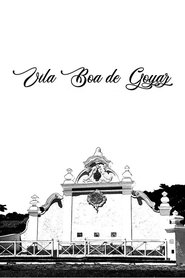 Oral memory artists from the region...
Oral memory artists from the region...Vila Boa de Goyaz 1974
Oral memory, artists from the region and expressions of popular culture tell stories about Vila Boa, in Goiás, and its transformations over time.
 The real story of Quilombo Olho...
The real story of Quilombo Olho...Aruanda 1960
The real story of Quilombo Olho d'Água from Serra do Talhado, in the state of Paraíba, Brazil, which became institutionally isolated from the rest of the country. Quilombos were runaway slave communities in colonial Brazil.
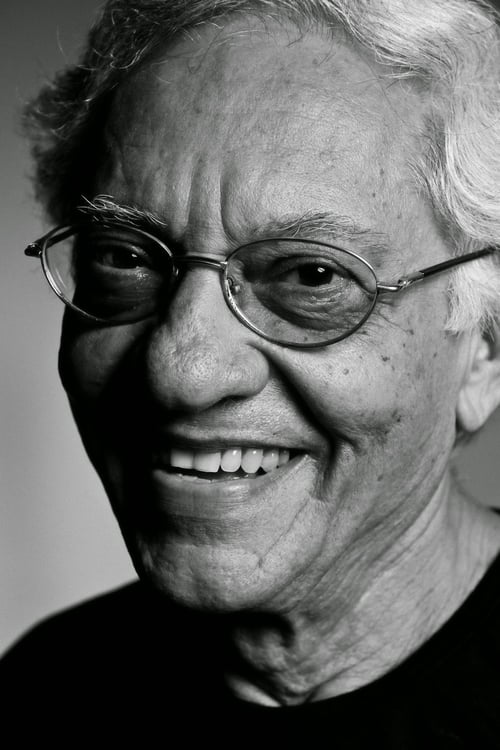
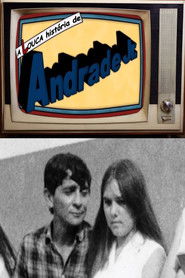
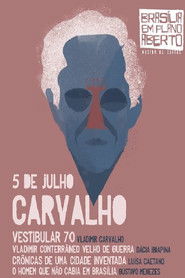
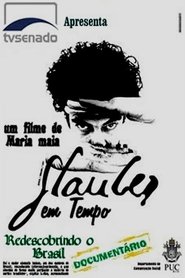
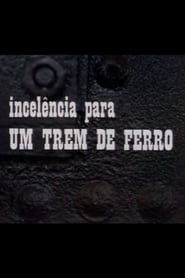

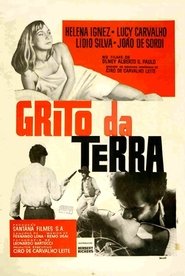 In rural Brazil villagers battle wealthy...
In rural Brazil villagers battle wealthy...